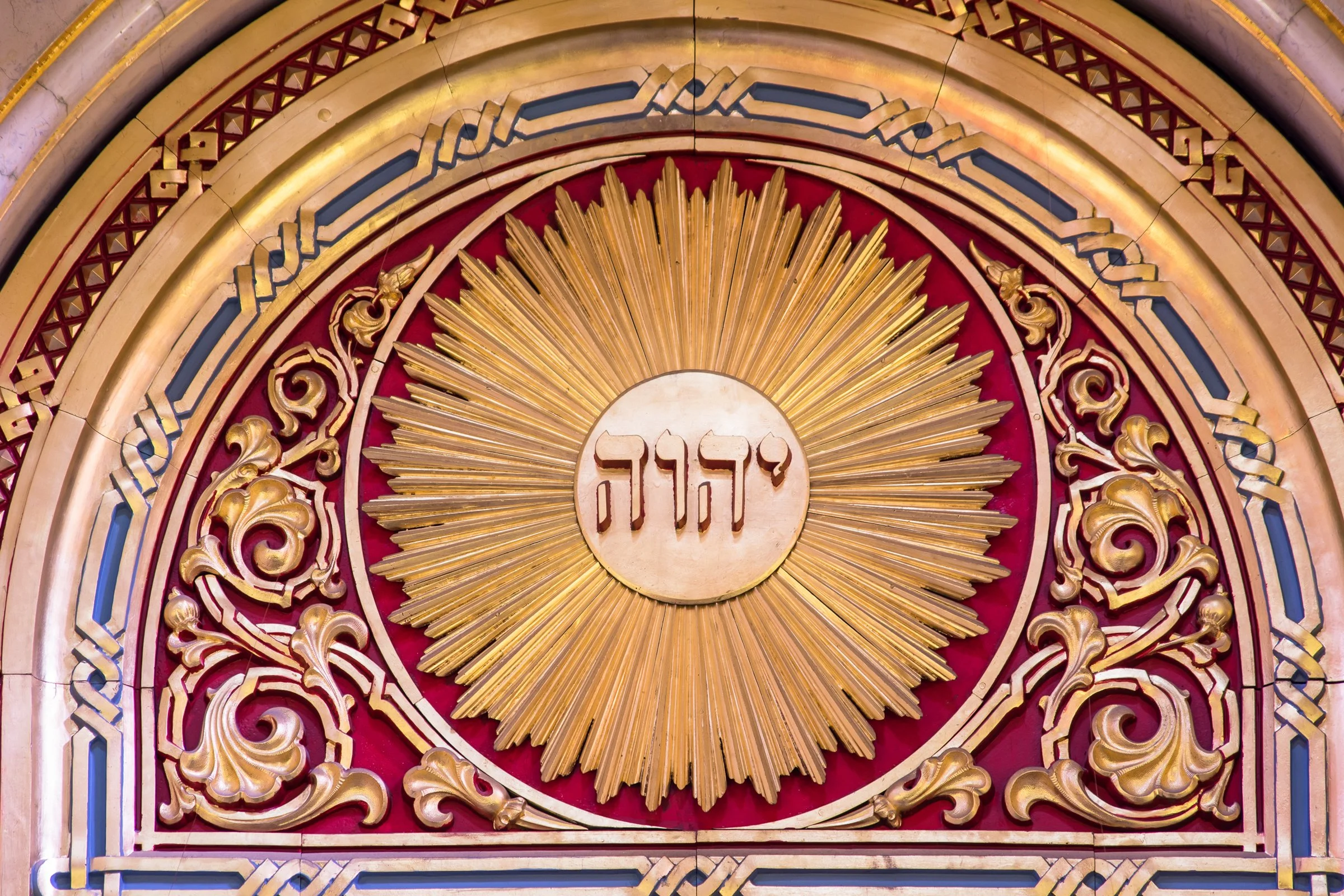“Now it came to pass after these things that God tested Abraham…” (Genesis 22:1, NKJV).
This verse provides a rather puzzling question. If God is omniscience, meaning that He is all-knowing, why does He need to test Abraham? And, if He already knows the outcome of the test with Abraham then why is the test even necessary? To discover an answer we will turn to Midrashic commentary; Genesis Rabba 55:2.













